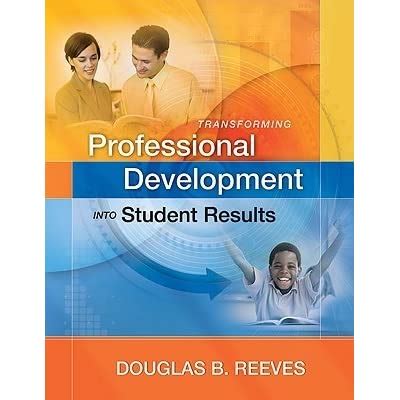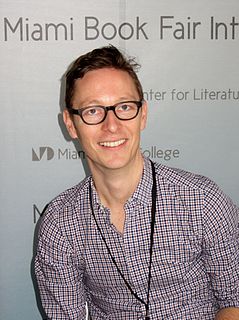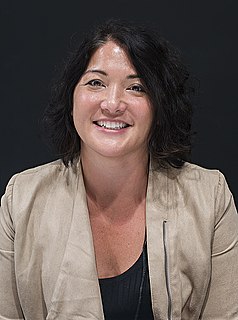A Quote by Alison Gopnik
What we want in students is creativity and a willingness to fail. I always say to students, 'If you've never at some point stayed up all night talking to your new boyfriend about the meaning of life instead of preparing for the test, then you're not really an intellectual.'
Related Quotes
Public education for some time has been heavily focused on what curricula we believe will be helpful to students. Life-Enriching Education is based on the premise that the relationship between teachers and students, the relationships of students with one another, and the relationships of students to what they are learning are equally important in preparing students for the future.
Although we do come from a silent profession, it is important for us to verbalize what we want to say. (As I tell my students): you could love someone all your life, but if you never say it how are they going to know? There comes a point when you have to say what you mean, which makes you scream louder when you dance.
Honestly, I think the key () has been, treat every assignment as if it’s your first one, you know? I think there is a misconception, especially that students have and I really make a point when I speak at schools to talk about the fact that you never really arrive. You are always working towards something but you never stop. I think there is this crazy idea that you get somewhere and then everything is cool.
You may have success in life, but then just think of it - what kind of life was it? What good was it - you've never done the thing you wanted to do in all your life. I always tell my students, go where your body and soul want to go. When you have the feeling, then stay with it, and don't let anyone throw you off.
For teachers, getting annual test scores several months after taking the test and in most cases long after the students have departed for the summer sends a message: Here's the data that would have helped you improve your teaching based on the needs of these students if you would have had it in time, but since it's late and there's nothing you can do about it, we'll just release it to the newspapers so they can editorialize again about how bad our schools are.
What is wrong with encouraging students to put "how well they're doing" ahead of "what they're doing." An impressive and growing body of research suggests that this emphasis (1) undermines students' interest in learning, (2) makes failure seem overwhelming, (3) leads students to avoid challenging themselves, (4) reduces the quality of learning, and (5) invites students to think about how smart they are instead of how hard they tried.
To say that you have taught when students haven't learned is to say you have sold when no one has bought. But how can you know that students have learned without spending hours correcting tests and papers? . . . check students understanding while you are teaching (not at 10 o'clock at night when you're correcting papers) so you don't move on with unlearned material that can accumulate like a snowball and eventually engulf the student in confusion and despair.
Our accent will be upon youth: we need new ideas, new methods, new approaches. We will call upon young students of political science throughout the nation to help us. We will encourage these young students to launch their own independent study, and then give us their analysis and their suggestions. We are completely disenchanted with the old, adult, established politicians. We want to see some new faces -- more militant faces.
Much like teaching art to young art students age 10 to 15 or so on, you have to break it down into bite-sized pieces, essential components. You have to - you know, at this point I'm so used to operating within given assumptions about art. But when you're explaining art to art students or people who are new to this experience, you have to really go back to the fundamentals.
Something I always tell students is, when you're writing something, you want to write the first draft and you want it to come out easily in the beginning. If you're afraid to say what you really have to say, you stammer. [...] You're judging yourself, you know, thinking about your listener. You're not thinking about what you're saying. And that same thing happens when you write.





































